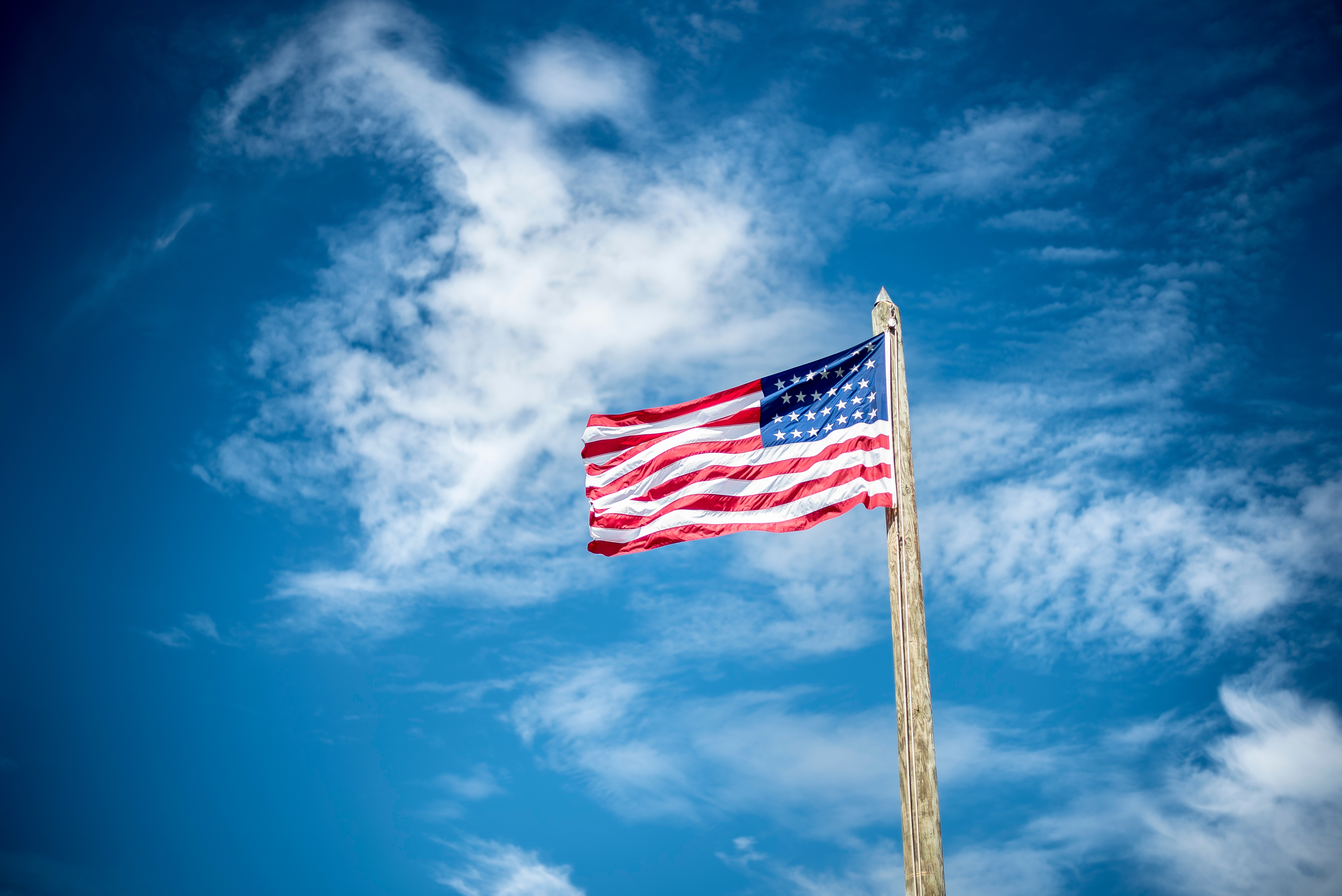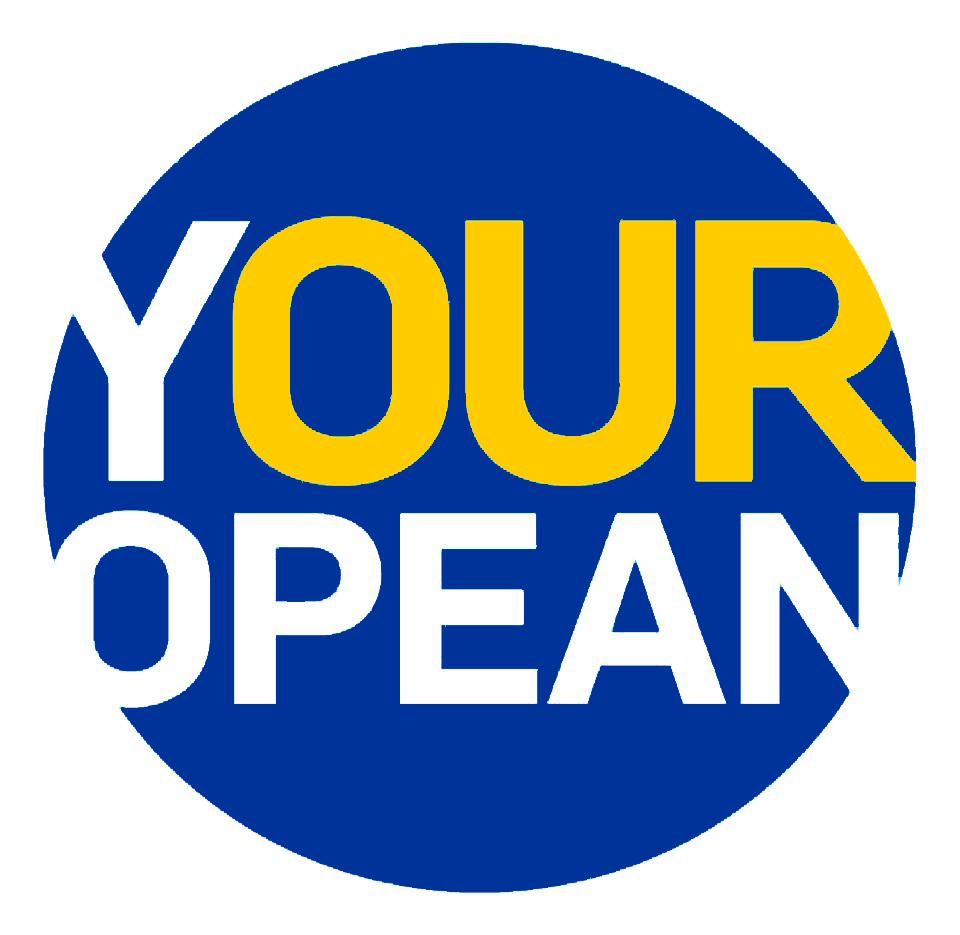
The people of the United States have elected Mr. Trump as their new President which has to be accepted and respected.
But this election makes it brutally clear that the battle against the enemies of an open society, as described by the philosopher Karl Popper in the forties of the last century, has not been won, but has to be fought again and again. This is not only a US topic. It is a European topic on the Continent and in the U.K. and we are starting to realize that the battle against the enemies, naive or cynical, of the open society has to be fought with much more democratic fervor.
While studying law at Columbia University, I lived at International House New York in the mid-1980s. The Cold War was alive and well, as a student from West Germany, the idea of living among likeminded individuals who respected discourse over suspicion and avenues for harmony over building barriers and division, was exciting. I met, shared ideas and collaborated with people representing a broad range of ethnic, racial, political and socio-economic backgrounds and viewpoints. I am proud to have maintained strong friendships with many of these people, now scattered around the globe, through the years.
So when the results of the 2016 Presidential Election were finally confirmed, I, like many of my friends and colleagues, were confused, angered, and somewhat in disbelief. But we also share the same forward looking vision to channel our feelings toward change.
As friends of the open society, we urgently need to get out of our comfort zone. We need to speak up, rebuild our societies where we have failed to live up to our values and promises, and get involved in the democratic process at and between elections. This is also why we founded YOUROPEAN, a pro-European NGO, in December 2013 on Lampedusa in the Mediterranean.
We should also not be arrogant and should not accept the idea that open societies are reserved to „the West“ and not suitable, as some would like to tell us, to countries like Russia or the Ukraine, to name just two examples from Europe.
A good friend of mine and new board member of YOUROPEAN, Nassir Djafari, who fled from Iran to Germany in the fifties as a young boy together with his parents, pointed out to me this morning that the dividing line between friends and foes of open societies does not run between East and West, like the Iron Curtain during the Cold War, or between North and South. It runs right through the societies of more than hundred countries which were represented at International House New York through its resident community when I lived there in 1984/85. Today, this fine institution, founded in 1924 which for me represents America at its best, hosts and educates graduate students from 106 countries around the world including the United States.
In this overall context, I was so happy to have seen the outcome of a pre-election poll at International House, in which current residents embraced this philosophy. They expressed a desire to see more being done to preserve a future of a truly global society based in respect and equality where benefits could be gained by more, not just an elite few.
Now, more than ever, is not the time to sulk in retreat. Instead, I believe we need to re-think meaningful ways to express and implement solidarity not only within our own countries or regions. How can we effectively support friends of democracy and open society in Turkey, for example, which unfortunately has taken a course towards dictatorship, with legalistic methods so familiar to those of us who know about German history in the first half of the last century?
While I am not happy about Tuesday’s election result, my International House experience and the feed back we get at YOUROPEAN greatly strengthens my conviction that the battles for open societies can be won, and will be won more often than lost.
Frankfurt am Main, 11. November 2016
Dr. Klaus Mössle, Rechtsanwalt, Frankfurt am Main und Mitbegründer von YOUROPEAN
Der Inhalt des Beitrags liegt in der Verantwortung des Verfassers und gibt ausschließlich die Meinungen, Ansichten und Einschätzungen von diesem wieder.
